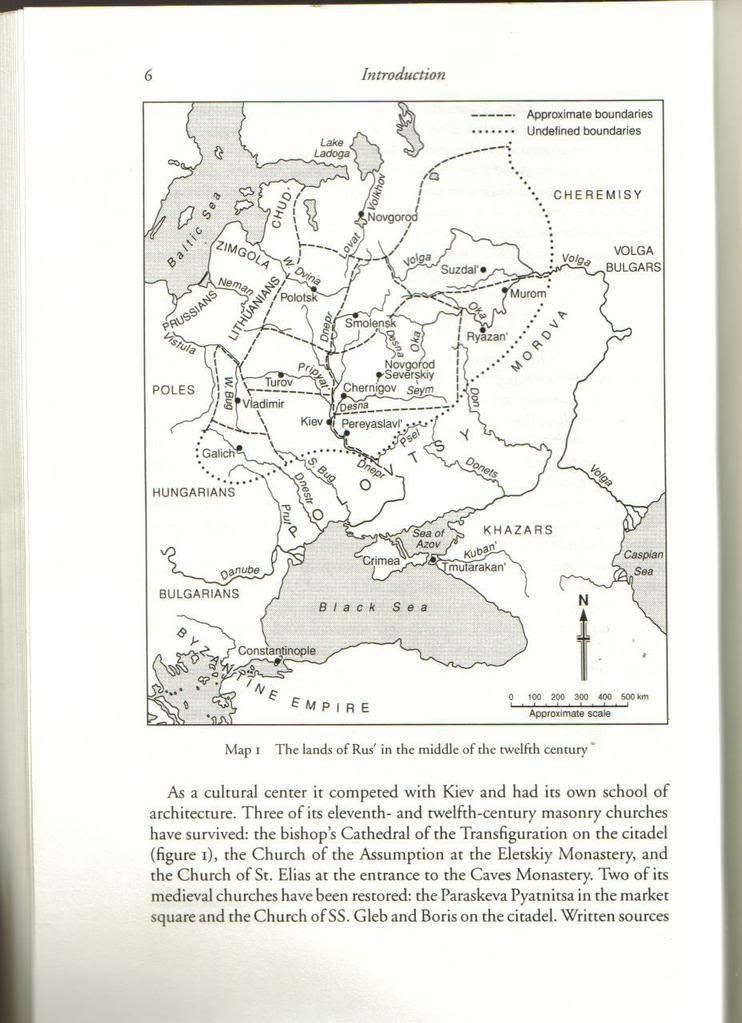Winter is here and the ice-fear is very cold (now there's an obscure reference for you). For today's diary, I thought that we might immerse ourselves in medieval jurisprudence. In practice, the laws function in much the same way as in Rome: Vae Victis, but in Crusader Kings II there are two different types of law; one that applies to a character's actual demesne (de facto, or demesne laws) and one that applies to everyone within an ancient traditional kingdom (de jure, or kingdom laws.) Demesne laws cover things like succession, tax levels and how the council operates. Any playable character can fiddle around with his own demesne laws. Kingdom laws cover the freedoms, rights and obligations of burghers, nobles, clergy and peasants. Only the holder of a Kingdom title is allowed to change these laws, and they will affect the whole geographical kingdom, regardless of whether a province is actually under its de facto control. (Like in Crusader Kings, de jure duchies and kingdoms are static, geographical entities that never change.)
Therefore, a player who is, for example, king of Norway and Denmark must change de jure laws separately per kingdom. To make things even more interesting, succession at the kingdom level (and only at the kingdom level) is also handled per kingdom, so Norway might be an elective monarchy while Denmark has primogeniture. Thus, the Norwegian dukes might elect another successor to the throne of Norway than the oldest son of the current king, which would split the kingdoms apart...
Speaking of succession laws, they are slightly different from the ones in Crusader Kings. In Crusader Kings II, most succession laws can be either cognatic or agnatic (that choice is a separate law.) These are the succession laws of CKII:
That's all for now. The game is still a very long way from being finished, but I can at least offer you this screenshot of the current Law interface (though bear in mind that it is still very much subject to change.) In the screenshot, the king stands to inherit the duchy, because the young duke has no legal heir. "Pretenders" are the second and third characters in the line of succession.

Until next time, I bid you a very merry Christmas and a Happy New Year!
Henrik Fåhraeus, Associate Producer and CKII Project Lead
Therefore, a player who is, for example, king of Norway and Denmark must change de jure laws separately per kingdom. To make things even more interesting, succession at the kingdom level (and only at the kingdom level) is also handled per kingdom, so Norway might be an elective monarchy while Denmark has primogeniture. Thus, the Norwegian dukes might elect another successor to the throne of Norway than the oldest son of the current king, which would split the kingdoms apart...
Speaking of succession laws, they are slightly different from the ones in Crusader Kings. In Crusader Kings II, most succession laws can be either cognatic or agnatic (that choice is a separate law.) These are the succession laws of CKII:
- Seniority (oldest man in the dynasty succeeds)
- Primogeniture (oldest son succeeds)
- Elective (the current king and the dukes each nominate a successor)
- Gavelkind (all titles are divided among the sons of the ruler)
- Turkish (a succession crisis is almost guaranteed, but the vassals are content)
- Republican (a random vassal or courtier succeeds; used for republics, etc)
- Catholic Bishopric (the liege lord can override the Pope's choice by nominating his own successor)
That's all for now. The game is still a very long way from being finished, but I can at least offer you this screenshot of the current Law interface (though bear in mind that it is still very much subject to change.) In the screenshot, the king stands to inherit the duchy, because the young duke has no legal heir. "Pretenders" are the second and third characters in the line of succession.

Until next time, I bid you a very merry Christmas and a Happy New Year!
Henrik Fåhraeus, Associate Producer and CKII Project Lead
Last edited:


